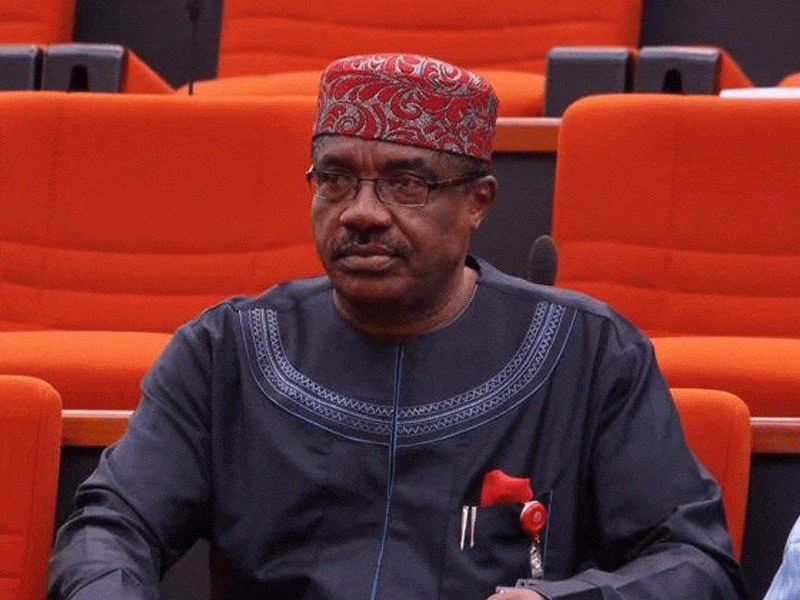The internal leadership crisis rocking the Peoples Democratic Party (PDP) has taken another dramatic turn as former Senator and chieftain of the party, Mao Ohuabunwa, described the reported recognition of Ambassador Umar Damagum’s leadership structure by the Independent National Electoral Commission (INEC) as a misunderstanding that does not reflect the true state of affairs within the opposition party.
Speaking on the state of the PDP, Ohuabunwa insisted that the confusion stemmed from internal misinterpretations and procedural issues, which, according to him, have continued to fuel tension in the party’s national hierarchy.
Background to the Crisis
The PDP has in recent months been embroiled in leadership disputes that have seen different party figures lay claims to the position of National Chairman. Following the suspension of the former National Chairman, the party adopted Umar Damagum as Acting National Chairman pending further resolutions by the National Executive Committee (NEC).
However, controversies escalated when party structures in various states began to align differently with either Damagum’s leadership or parallel factions. This has led to prolonged internal disagreement over who holds legitimate authority over the party’s operational and administrative control.
Ohuabunwa: The Situation Was Misunderstood
Ohuabunwa argued that the situation is not as straightforward as it appears and insisted that certain steps taken within the party were misinterpreted by observers, including INEC.
According to him, the recognition of Damagum’s leadership by INEC may have been based on communications made earlier in the heat of the crisis, at a time when the full implications of the leadership tussle were not fully understood.
He maintained that the PDP constitution clearly outlines the processes for leadership transitions and that any outcome not strictly following those provisions cannot be regarded as adequately representative of the party’s collective decision.
Call for Unity and Strict Adherence to the Constitution
Ohuabunwa emphasized that the strength and survival of the PDP lies in its internal unity, transparency, and strict adherence to the constitution. He urged stakeholders to avoid personal interests and ensure that decisions are made in line with established party structures.
He noted that allowing unresolved disagreements to linger would weaken the party’s organizational structure, reduce its operational effectiveness, and dampen the confidence of members and supporters across the country.
INEC’s Role in Party Disputes
While INEC is responsible for monitoring and verifying party leaderships, the commission often relies on documentation and official correspondence submitted to it by recognized party organs. In situations of leadership conflict, the commission tends to maintain a position guided by legal recognition and established channels of communication.
However, Ohuabunwa argued that beyond administrative acknowledgment, the ultimate legitimacy of party leadership must be rooted in internal consensus and constitutional conformity.
Implications for PDP Ahead of Upcoming Elections
The leadership struggle poses a significant challenge to the PDP as the political climate intensifies ahead of coming elections. Clear leadership direction is crucial for coordinating:
- Candidate selection processes
- Campaign messaging
- Coalition-building
- Strategic voter engagement
Prolonged internal discord could create vulnerabilities that rival political parties may exploit.
Party analysts warn that unless the PDP resolves its leadership dispute swiftly and decisively, it risks fragmentation and reduced electoral competitiveness.
The Way Forward
Ohuabunwa and other senior party stakeholders have called for:
- A transparent reconciliation process
- An emergency NEC meeting to clarify leadership structure
- Renewed commitment to party unity and discipline
- Avoidance of actions that escalate factional confrontations
The outcome of these interventions will play a critical role in shaping the future direction and organizational stability of the PDP.

